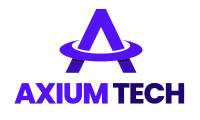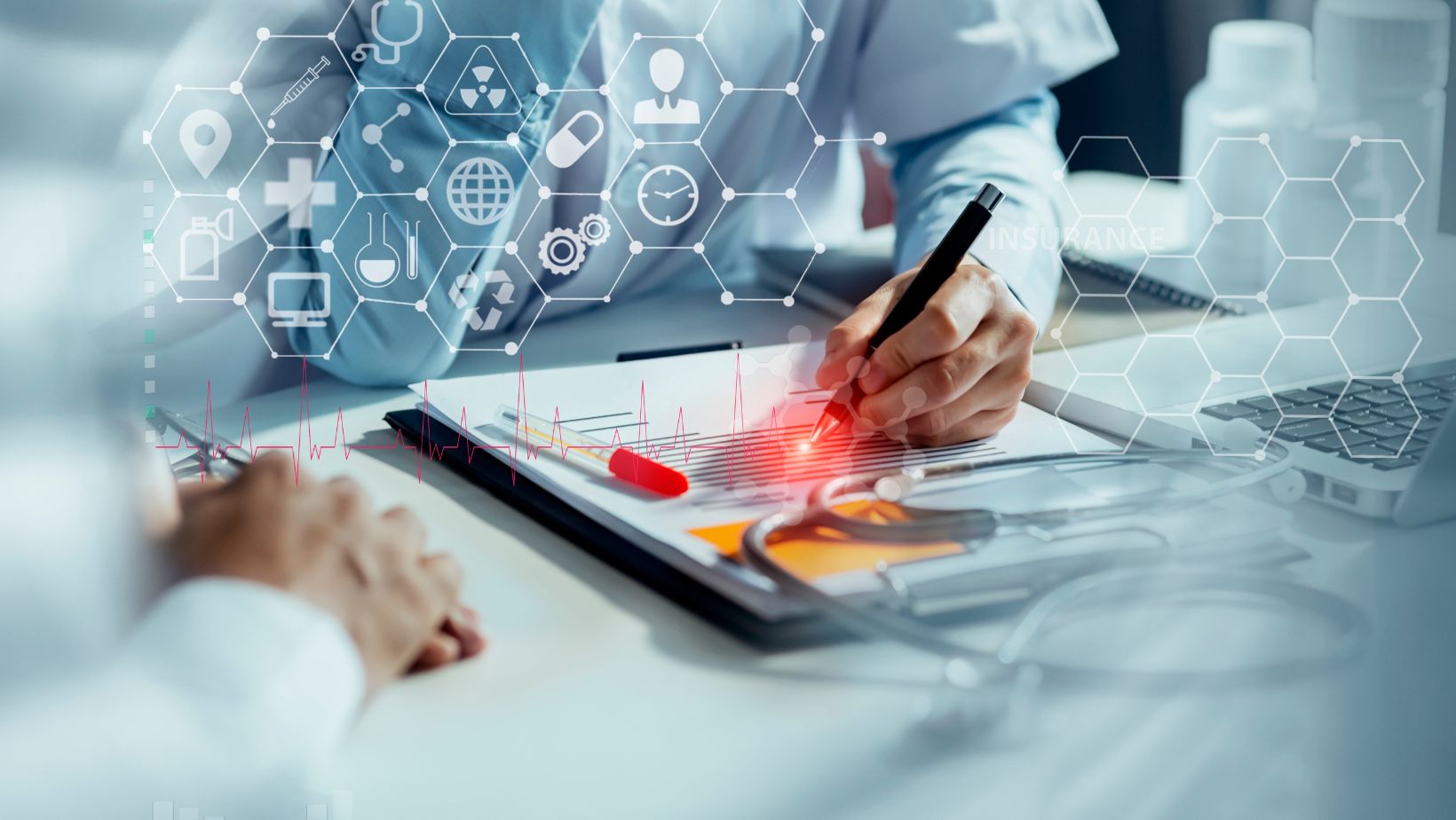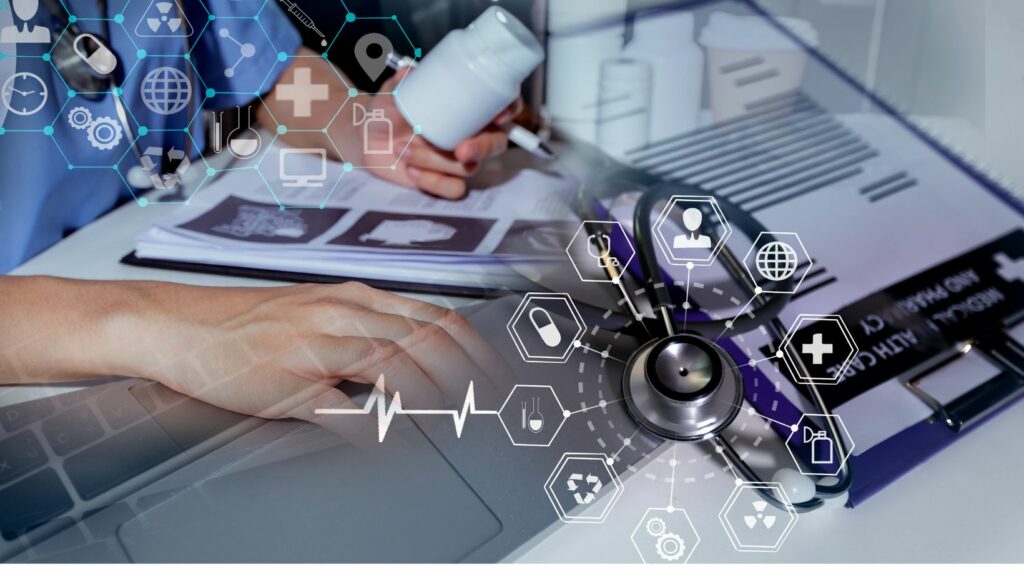In the fast-paced world of healthcare technology, staying informed is key. Whether it’s the latest advancements in telemedicine, AI-driven diagnostics, or wearable health devices, the landscape is constantly evolving. Keeping up with healthcare technology news is essential for professionals looking to enhance patient care and streamline processes.
From groundbreaking innovations to regulatory updates, the healthcare technology sector is a hotbed of activity. With the potential to revolutionize the way healthcare is delivered, staying abreast of the latest trends and developments, including collaborating with a reliable IT solutions and services in Texas, is crucial for your healthcare firm. In this dynamic industry, being well-informed is not just an advantage – it’s a necessity for those striving to provide cutting-edge care.
Healthcare Technology News
In the dynamic landscape of healthcare technology news, keeping abreast of the latest developments is vital for professionals in the industry. Here’s a glimpse into how cutting-edge technologies are shaping the future of healthcare delivery:
Artificial Intelligence in Medical Diagnostics
- AI-driven diagnostics are revolutionizing the accuracy and speed of medical diagnoses.
- Healthcare providers are utilizing AI algorithms to interpret medical images and detect abnormalities with impressive precision.
Telehealth Services Revolutionizing Patient Care
- healthcare technology news have emerged as a crucial tool in providing remote patient care and improving healthcare access.
- With virtual consultations and remote monitoring, patients can receive timely medical attention regardless of their location.
- Wearable health devices are empowering individuals to track their health metrics in real-time.
- These devices enable continuous monitoring of vital signs, physical activity, and sleep patterns, promoting proactive healthcare management.
Stay tuned for more updates on healthcare technology advancements that are reshaping the way care is delivered and experienced.
Impact of Technology on Healthcare Efficiency
Electronic Health Records Streamlining Patient Data Management
- Electronic Health Records (EHR) centralize patient information for easy access.
- EHR systems reduce paperwork, minimize errors, and improve coordination among healthcare providers.
- Streamlined data management enhances efficiency in healthcare settings.
- Remote monitoring technologies enable continuous tracking of patient vital signs.
- Real-time health data monitoring enhances the ability to detect early warning signs.
- Remote monitoring contributes to better health outcomes and reduced hospitalizations.
Implementing Interoperable Health Technologies
Interoperability remains a key challenge in healthcare tech, hampering seamless data sharing among different systems. Implementing standardized protocols and interfaces is essential to enable secure data exchange between various healthcare applications. Health organizations must invest in interoperable solutions to improve care coordination and enhance patient outcomes.
Predictive Analytics for Early Disease Detection
Healthcare technology is rapidly advancing, with predictive analytics emerging as a key player in early disease detection. By leveraging Big Data and machine learning algorithms, healthcare providers can identify patterns and trends in patient data to predict and prevent potential health issues. This proactive approach not only improves patient outcomes but also reduces healthcare costs by addressing conditions before they escalate.
Virtual Reality in Medical Training and Therapy
An exciting development in healthcare technology is the integration of virtual reality (VR) in medical training and therapy. VR simulations offer a hands-on learning experience for medical professionals, allowing them to practice complex procedures in a controlled environment. Moreover, VR technology is being utilized in patient therapy, providing immersive experiences to alleviate pain, anxiety, and improve overall well-being.
Healthcare technology continues to advance, presenting both challenges and opportunities in the industry. With a focus on cybersecurity and interoperability, the sector is striving to safeguard patient data and streamline communication between different systems. The integration of predictive analytics, Big Data, and machine learning is transforming healthcare, enabling early disease detection and improving patient outcomes while reducing costs. Virtual reality’s integration in medical training and therapy is revolutionizing the way professionals learn and patients receive treatment. As technology evolves, the healthcare industry must adapt to embrace innovation and enhance the quality of care provided to patients.



